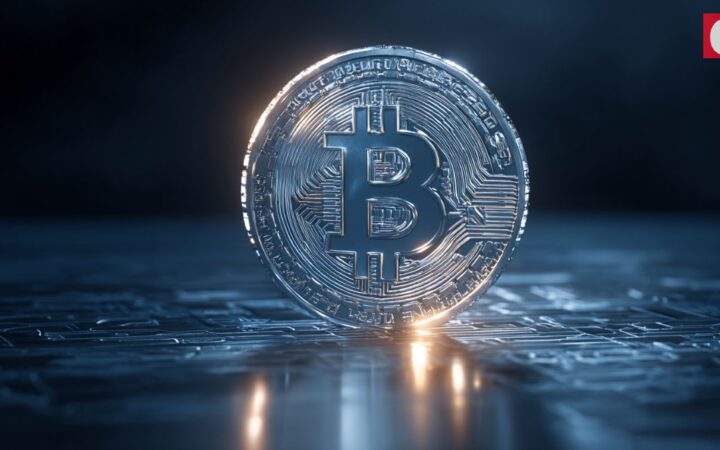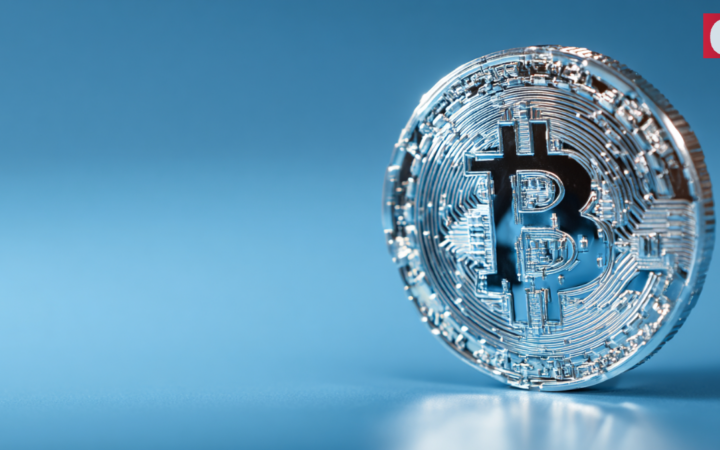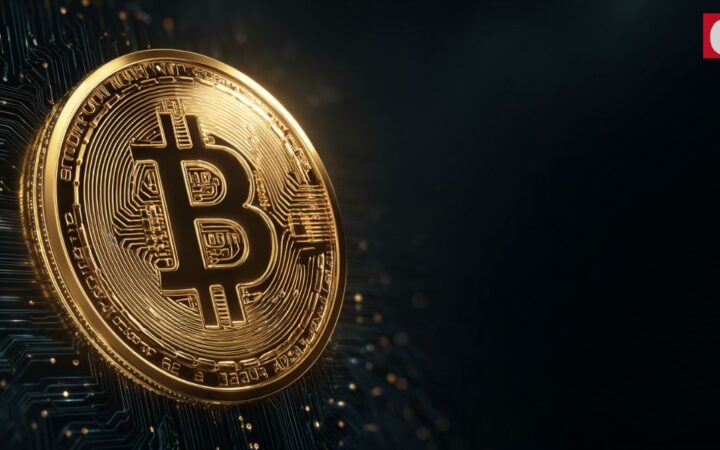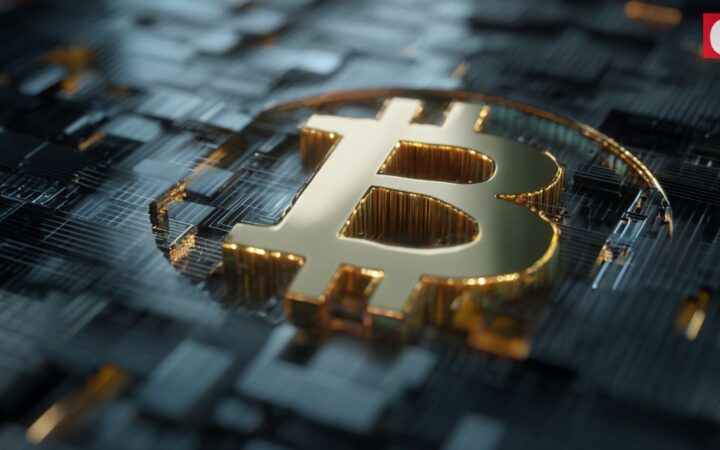
Darya is a crypto enthusiast who strongly believes in the future of blockchain. Being a hospitality professional, she is interested in finding the ways blockchain can change different industries and bring our life to a different level.
According to Giga Energy’s co-founder, using flare gas to mine Bitcoin has turned out to be a successful idea. This startup has already signed deals with over 20 oil and gas companies. Besides, the company is planning to expand its staff with six more people this month.
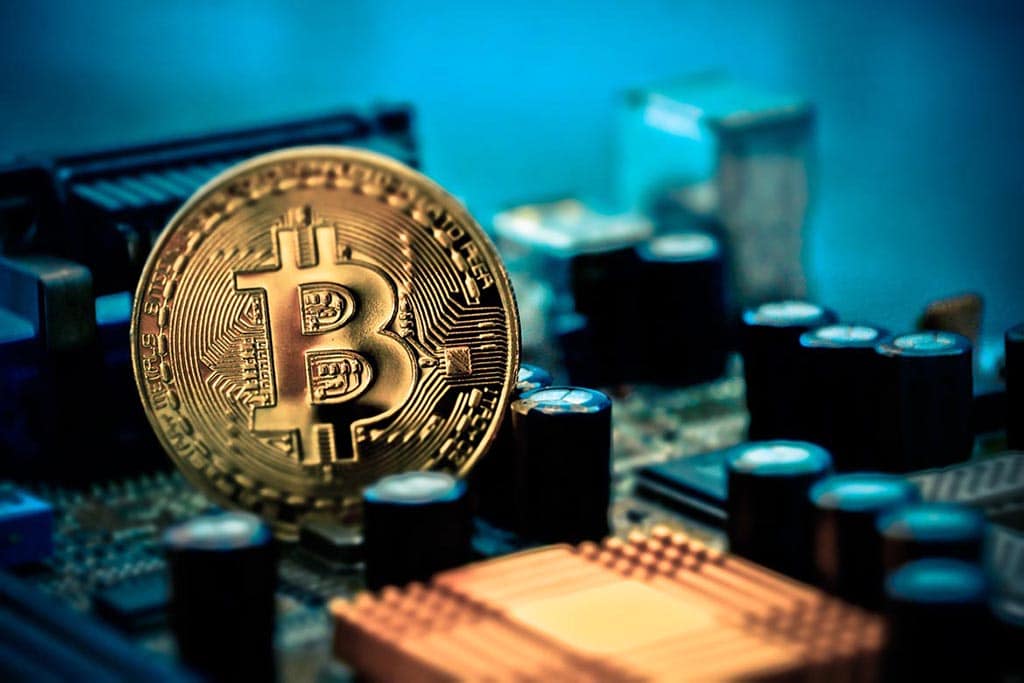
Brent Whitehead and Matt Lohstroh, two 23-year old Texans, have made as much as $4 million mining Bitcoin (BTC) on the oil fields of East Texas. Back in 2019, Whitehead and Lohstroh were sophomores at Texas A&M University, and at that time, they set up their own business on mining Bitcoin off flare gas from oil drilling. Notably, it was taboo for oil and gas companies to join efforts with BTC miners. However, Whitehead and Lohstroh were not scared of the skeptics and invested all the money they had at that time to mine digital gold. And today, they are taking substantial advantage of their venture.
In 2019, Brent Whitehead, an engineer from a family with a long history in oil and gas production, and Matt Lohstroh, a finance student enthusiastic about BTC, started Giga Energy Solutions. The startup is a vertically integrated natural gas Bitcoin mining company that focuses on the lowest capital expenditure possible. With only eleven employees, Giga Energy provides a solution to challenges that oil and gas companies are facing when transporting natural gas. In particular, during transportation, they accidentally hit a natural gas formation while drilling for oil, and drillers simply burn it off. As a result, there is a negative impact on the environment.
What Giga Energy does is first take natural gas flaring. During this process, environmentally harmful byproducts from oil and gas production burn off. Then, the flare is redirected to an engine. The latter combusts the natural gas and then generates that natural gas into electricity. Its amount is more than enough to mine bitcoin. Notably, Whitehead and Lohstroh pack the computers inside shipping containers and position them near flare stacks to run the whole system.
Brent Whitehead commented:
“Growing up, I always saw flares, just being in the oil and gas industry. I knew how wasteful it was. It’s a new way to not only lower emissions but to monetize gas.”
According to Whitehead, using flare gas to mine Bitcoin has turned out to be a successful idea. Their startup has already signed deals with over 20 oil and gas companies. Besides, the company is planning to expand its staff with six more people this month.
When it come to crypto mining, the major issue is the impact the process has on the climate and environment. It is not a secret that mining is an extremely energy-consuming process. According to a University of Cambridge analysis, Bitcoin mining consumes 121.36 terawatt hours a year, which is more than all of Argentina consumes.
As miners must continually increase their computing power to compete with other miners, they have to process more transactions or reduce the amount of electricity they use. As a result, miners need to seek out the cheapest electricity and upgrade to faster, more energy-intensive computers.
To handle these issues, some governments have imposed significant restrictions on the mining process. For example, China has completely banned mining as well as any crypto-related activity. Until now, it is illegal for financial institutions and payment companies to offer their clients services relating to cryptocurrencies. Notably, China’s decision to impose a sweeping ban on Bitcoin mining operations took half of the world’s miners offline overnight. Afterwards, miners have been struggling to find new locations for their activity. Now, the US is leading the world in mining. Kazakhstan, Russia, and Canada are other top destinations for miners.
Disclaimer: Coinspeaker is committed to providing unbiased and transparent reporting. This article aims to deliver accurate and timely information but should not be taken as financial or investment advice. Since market conditions can change rapidly, we encourage you to verify information on your own and consult with a professional before making any decisions based on this content.

Darya is a crypto enthusiast who strongly believes in the future of blockchain. Being a hospitality professional, she is interested in finding the ways blockchain can change different industries and bring our life to a different level.
